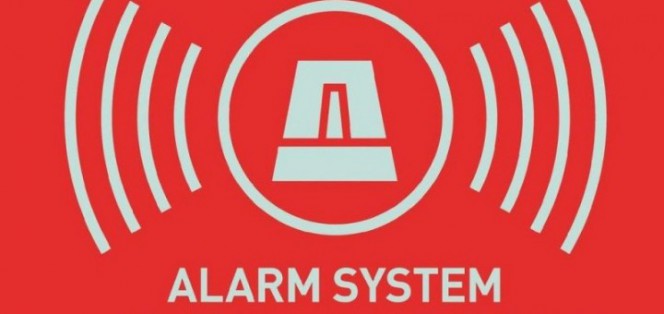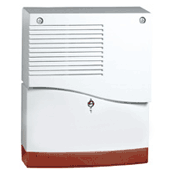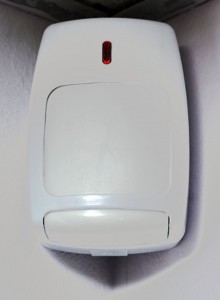Just before the summer break we suggested some measures which are useful for ensuring the right level of security for our homes whilst we are away on holiday.
We saw that installing an electronic alarm can be a excellent strategy, by providing an additional countermeasure to defend a home, provided that there are already the necessary mechanical protection means.
However, there are some things to consider before buying an electronic alarm system.
- A first general rule not to be forgotten is than an alarm system is like a chain; its overall resistance depends on the strength of its weakest link. Therefore, in order to be truly effective, all the components must be of a high quality and the design and installation must also be done in a workmanlike manner.
Attention must be paid to each individual component of the alarm system.
For example, in order for the siren, which is a fundamental element, to be considered of good quality it must be difficult to tamper with. The best strategy is to install at least two sirens: one on view and another better hidden, powered by separate supplies. In this way, a possible burglar will to try to put the first one out of action and then, thinking it is safe to go ahead, will trigger the second one. - The sensors. When choosing the sensors it is worth remembering that there is not a solution which is always valid, and the choice must vary depending on the installation site. Only after a thorough preliminary study of the environment and the accesses where you want to install the alarm will it be possible to select the most suitable products and their best application.
However, a useful recommendation in the majority of cases is to simultaneously use sensors with different technologies, choosing carefully on the basis of the task to be performed. For example, sensors with radar technology can be hidden from view of thieves whilst infrared sensors cannot be covered. It is necessary to assess in advance, together with an expert, the particular use, before purchase. - The keypad must be located inside the dwelling, in a position such as to be easily accessible to the user, but also out of sight of potential thieves who, simply by using a pair of binoculars or a camera zoom, could discover the combination for deactivating the system.

- The role of the dialler is to report by phone a possible unwanted intrusion. However, the alarm can be tripped due to other reasons (even trivial ones, like a thunderstorm). A good dialler is able to provide several pieces of information; for example, relating to voltage drops on the network, inactive zones, sensors momentarily not in contact with the control centre etc., so that it is possible to assess whether it is a false alarm or an actual undesired entry. Also, we recommend buying a GSM dialler rather than one connected to the landline, to prevent the cable from being simply cut and the dialler being put out of action.
Summing up, whether you choose a wired system rather than a wireless system (read the differences here), or you prefer a radar sensor to an infrared one, the most important rule to always remember is to avoid buying very cheap systems which provide for “do-it-yourself” installation. The greatest risk is that of purchasing unreliable products, as well as making serious mistakes during installation. It is better to rely on an expert, who can give advice on which is the most appropriate alarm system for our needs.


